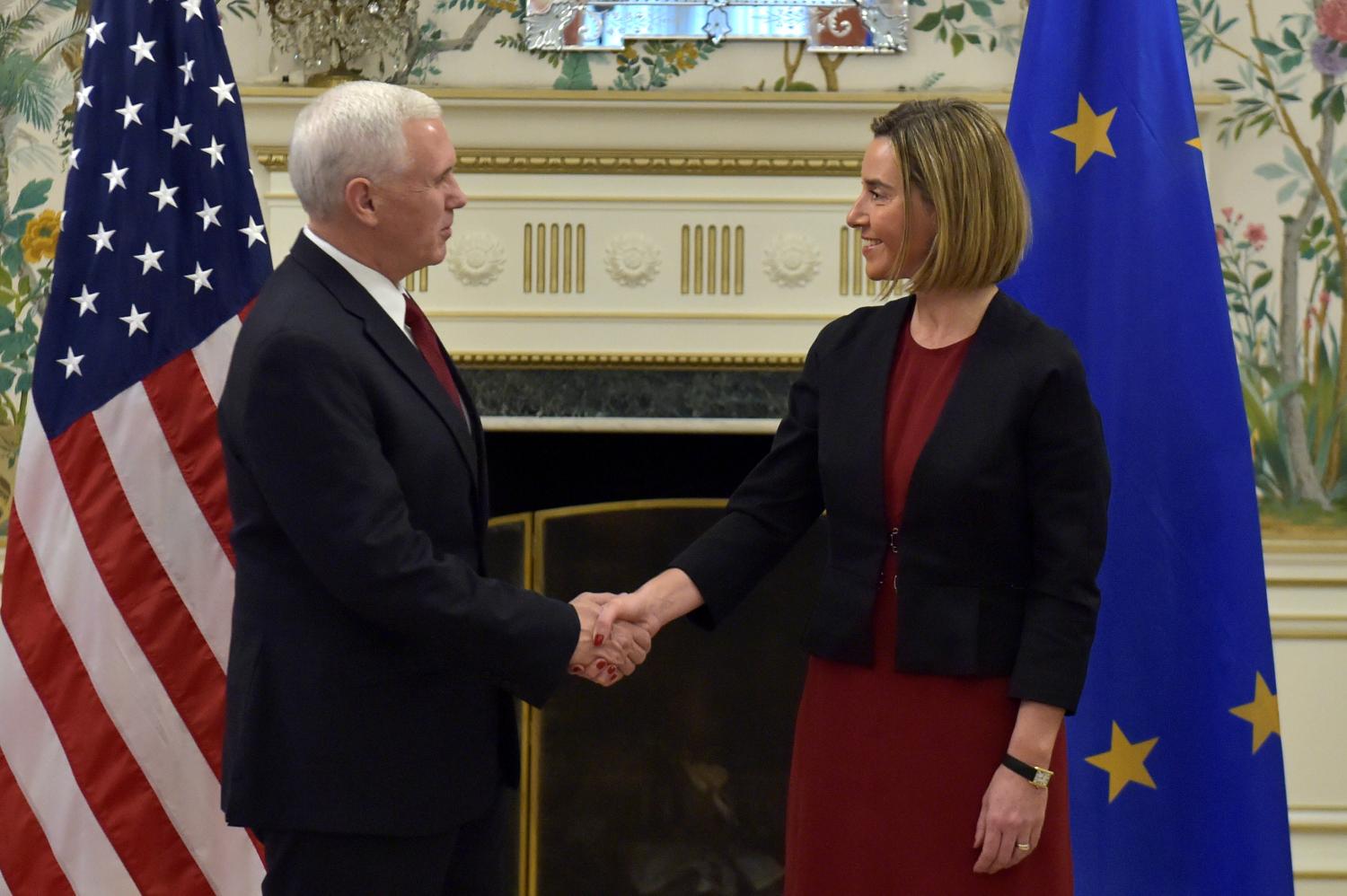I just returned from a trip to Japan, where the major topics of discussion were Japanese national security strategy and the strategic choices facing Tokyo in the 21st century.
There has, of course, been a lot of development in these topics of late, with the Japanese government issuing a National Security Strategy for the first time in December 2013. That same day, the government issued the National Defense Program Guidelines for 2014 and after. The Abe administration has also announced the establishment of a National Security Council (mirroring that of the U.S., and now China) to coordinate these efforts across government.
In sum, these efforts seek to make Japan a “proactive contributor to peace” – active and cooperative in increasing international security in Asia and globally. The documents also point to an increase in Japan’s defense spending, both to achieve this vision and to meet a perceived increase in the demand for deterrence in the East China Sea and vis-à-vis North Korea.
Significant thinking remains to be done on issues ranging from how the new NSC is likely to interface with various parts of the Japanese bureaucracy to how the U.S.-Japan alliance should approach deterrence and crisis management in “grey zone” incidents. These shifts in Japanese policy, however, are likely to be welcomed by the United States, which has long wanted Japan to be able to play a more active role. Many of them will likely be welcomed in Southeast Asia as well, where perceptions of Japan are generally positive, and where Tokyo has placed significant diplomatic, economic, and assistance emphasis in the past few years – cooperation with the Philippines and Myanmar and ASEAN being just a few notable examples.
One of the most significant sources of opposition to changing Japan’s role in Asian security has been regional friction over Japan’s approach to history. Although “history questions” are not discussed in the new defense and security policy documents, it is clear that they are an immediate and fundamental strategic challenge for Japan – in part because a series of statements and gestures by politicians associated with the Abe administration have inflamed animosity in Asia, particularly in China and South Korea, with concrete costs to Japan’s security. Most notably, the re-emergence of the issue contributed to the cancellation of a valuable intelligence-sharing agreement between Tokyo and Seoul, and has stalled relations between those two countries since Prime Minister Abe and South Korean President Park Geun-hye took office.
As others have noted, Japan is going to find it difficult to emerge as a 21st century power if it is still re-litigating events of the 20th century. Official statements that Japan sees as adding historical nuance or precision to the debate are perceived in China and South Korea as missing the emotional heart of the matter: the human suffering experienced in those countries during the period of Japanese expansionism. Chinese researchers and media explicitly use the metaphor of West German Chancellor Willy Brandt kneeling before a memorial to the Warsaw Ghetto Uprising in 1970 as a contrast with Abe’s current behavior. (The analogy is likely popular in China for two additional and important reasons: first because Brandt’s move was unpopular among German conservatives at the time, and second because it went hand-in-hand with West Germany’s recognition of the post-war German-Polish border – a useful analogy if China wishes to suggest that concessions on disputed territory would provide a true signal of Japan’s sincerity.)
It is good to see, therefore, that some of Japan’s new thinking also encompasses these issues, and that there are small signs of progress. At the official level, President Park and Prime Minister Abe met for the first time this week in a trilateral forum with President Obama. Abe said last week that his government will not overturn the 1993 “Kono Statement” on comfort women, and in South Korea recent polling data suggest that domestic anger over history is less of a constraint than the government might think, providing some opening for movement. At the unofficial level, proposals like that of Professor Kiichi Fujiwara, which focuses on how to address the upcoming 70th anniversary of the Second World War in Asia, seek to move the history issue out of its current zero-sum framework and shift its focus from official disputes toward the collective commemoration of shared human suffering.
As Caitlin Talmadge and I noted in an analysis of the U.S.-Japan alliance last summer, the United States cannot and should not force its allies to resolve their grievances, including historical ones. It can, however, play a constructive role by fostering opportunities for its allies to improve relations, as it did in a joint security statement issued by the U.S., Japan, and South Korea in June 2013, or by arranging this week’s trilateral meeting. The same might be true for history, where Asia’s 20th century history is America’s too, and where the U.S. role and interest in shaping a positive environment are clear. Doing so might also add diplomatic heft to a “rebalance” policy whose underpinnings have been called into question by sequestration’s impact on the American defense budget and the uncertain future of the rebalance’s economic centerpiece, the Trans-Pacific Partnership – questions that are being actively raised by America’s allies and partners across Asia.
It is difficult not to conclude after this trip that the strategic challenges currently facing Japan and the U.S.-Japan alliance are serious, and that a lot of work remains to be done to meet these challenges. The good news from the trip, however, is that the strategic thinking underway seems equally serious.
The Brookings Institution is committed to quality, independence, and impact.
We are supported by a diverse array of funders. In line with our values and policies, each Brookings publication represents the sole views of its author(s).




Commentary
Japan: New Thinking on National Security
March 28, 2014